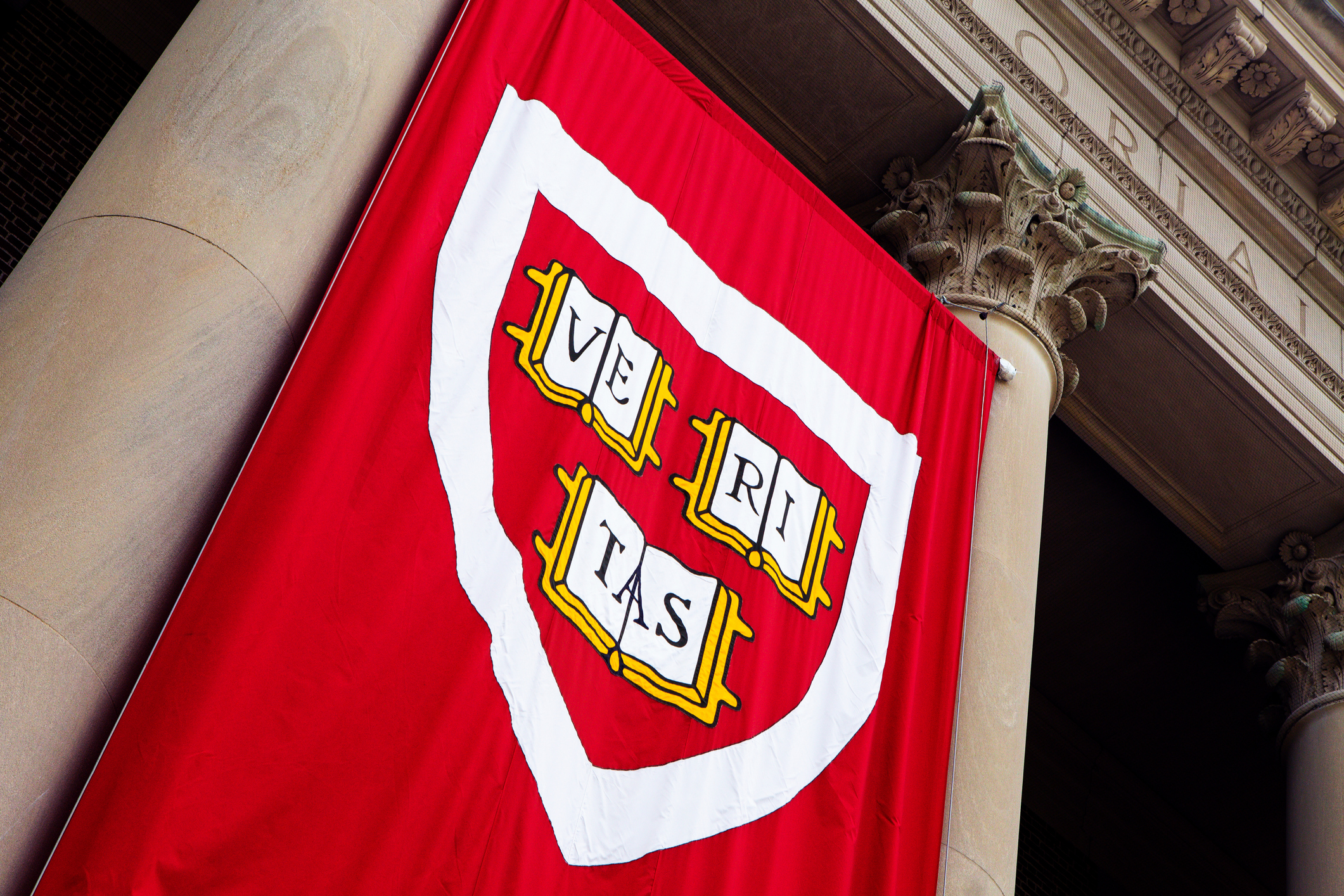America’s most storied institution of higher learning, Harvard University, has had many legendary lecturers and professors since its founding in 1636. One contemporary who has earned a place in that pantheon is Harvey C. Mansfield, a teacher of government who recently announced his retirement after 60 years at the school.
Dr. Mansfield stands out not just for his scholarship and longevity. His conservatism also sets him apart on a campus that has veered increasingly leftward over time. He recently gave his final lecture, and the accolades from former students and colleagues rolled in. But it is the message Dr. Mansfield sent to recent graduates, published by the Harvard Crimson, that deserves wider attention here, given that its topic was the “woke” ideology that threatens free speech and free thought on that and other campuses.
“On Self-Censorship” deserves to be read in its entirety. You can do that here. Below, we cherry-pick some of the best passages for those just wanting the highlights.
“Is anything lost by being woke? Yes, let me suggest there is. Instead of arguing the point, one begins to search for character defects and pounce when they are found. You blind yourself by taking offense because in doing so you are led to simplify the justice you think is so unquestionable. Instead of thinking about what justice might require, you try to shame opposition out of existence.
“Believing that justice is easy to think, you begin to believe it is easy to apply. You conclude that slavery was as easy to abolish as to denounce today after it is abolished. You regard those who gave their lives in a Civil War to gain that end as less just than we are now, bravely changing names and pronouns. You agree that Harvard has a legacy of slavery rather than the legacy of anti-slavery you can see every day with a glimpse of Memorial Hall.”
Here is what strikes us most about the piece, aside from the timeliness and forcefulness of the message. It is arguably directed at the wrong audience. Dr. Mansfield’s essay will of course be of interest to recent graduates. But after years of treading water in the woke monoculture, they are already all too aware of the problems he highlights. His message is much more helpful to first-year students, who are just wading into the “woke” maelstrom. By being forewarned, they will also be forearmed against the pitfalls of self-censorship.
Our recommendation, therefore, is that “On Self-Censorship” be included in the orientation packets received by Harvard freshmen. We also urge the Harvard Crimson to republish the piece at the beginning of each academic year, not at the end. It is just not as relevant to recent graduates, to whom the damage it describes has already been done.
